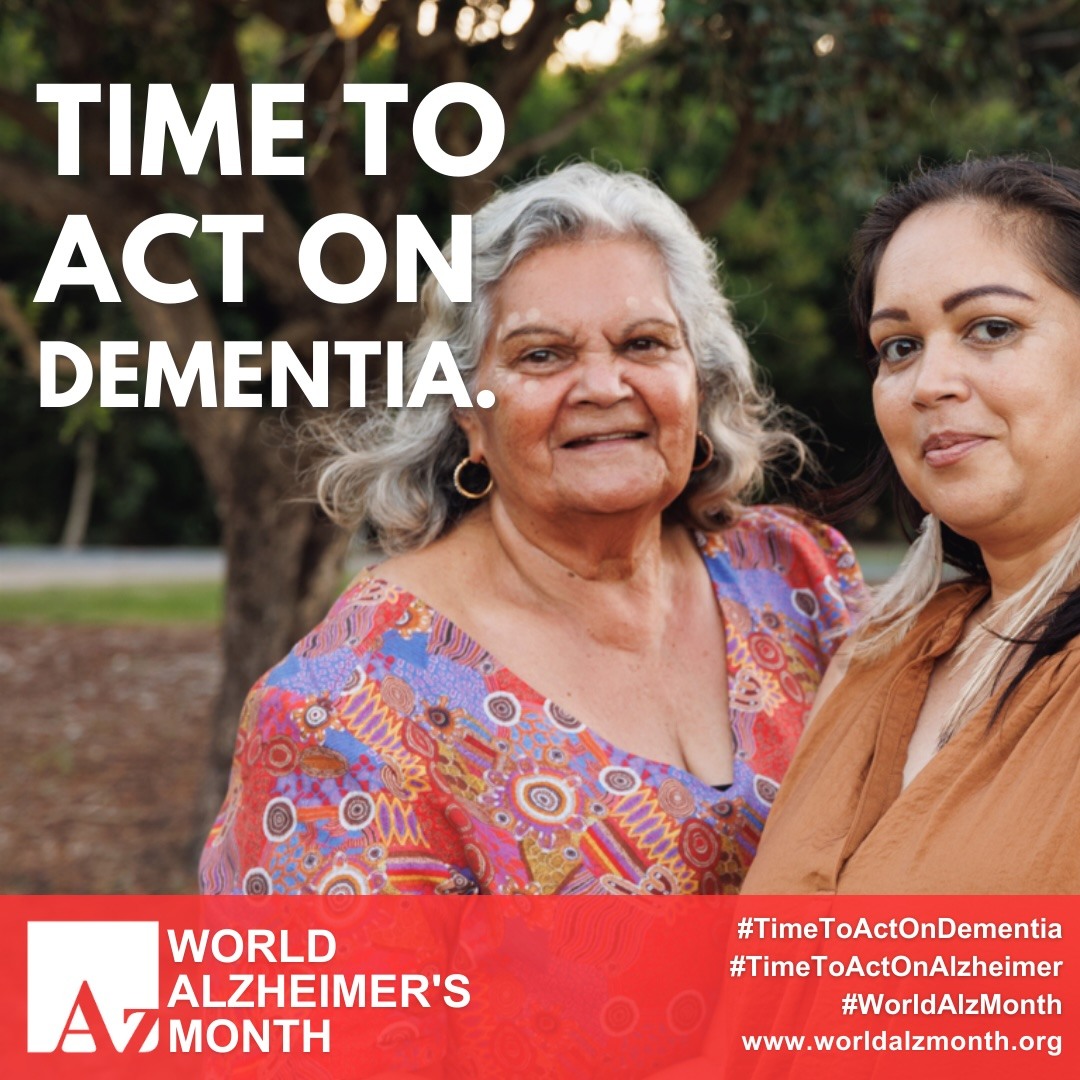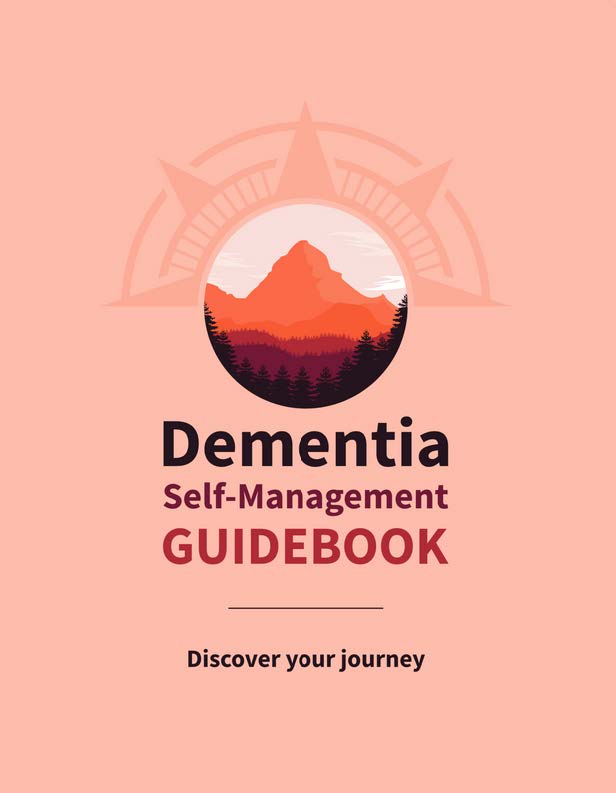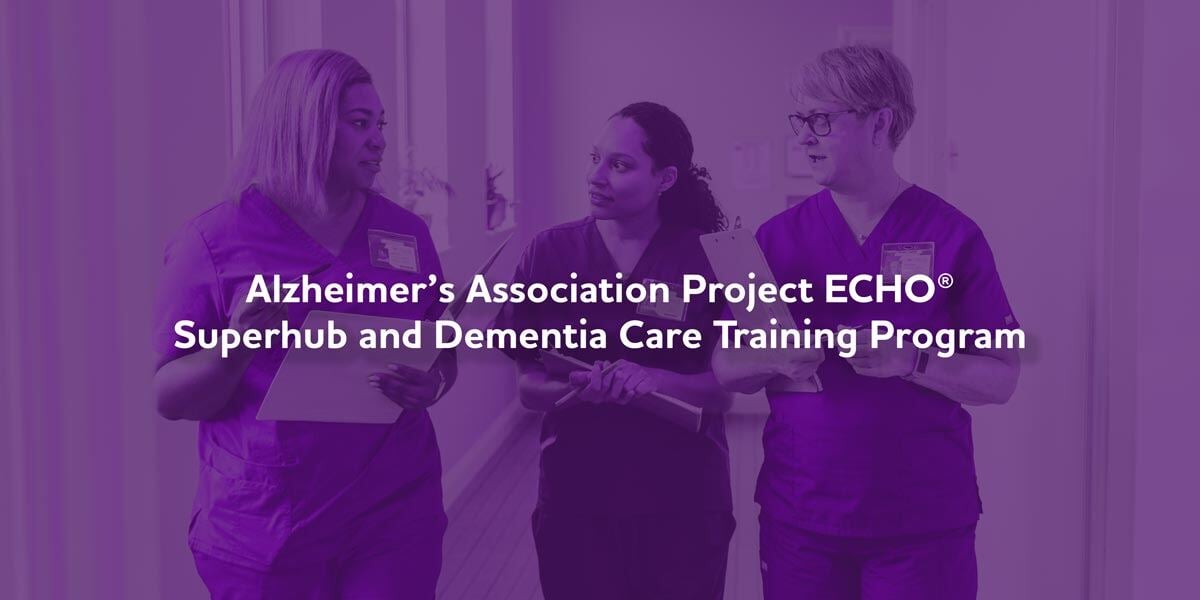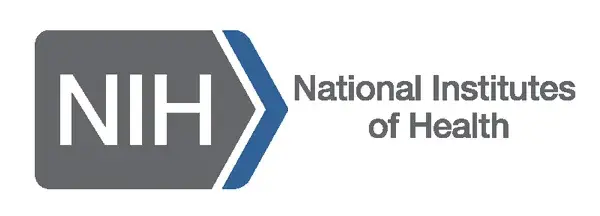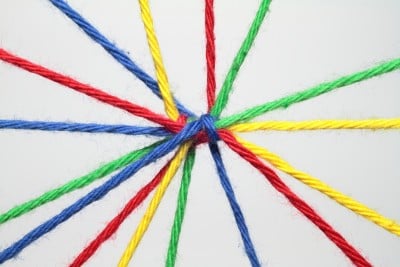World Alzheimer's Month: Time to Act on Dementia
September 2024
September was World Alzheimer’s Month, an international campaign to raise dementia awareness and challenge stigma. Each year, Alzheimer and dementia associations, alongside all those involved in the treatment, care and support of people living with dementia, from around the world unite to organize advocacy and information provision events, as well as Memory Walks and fundraising days.
Helpful educational points:
- Dementia is not a normal part of aging
- Evidence suggests that when people with dementia and their families are well prepared and supported, feelings of shock, anger and grief are balanced by a sense of reassurance and empowerment
- In many parts of the world, access to receiving a diagnosis, as well as support following a diagnosis, is insufficient, difficult to access or not available at all
- National Dementia Plans are the best tool governments have available to tackle dementia
- Alongside drugs and medical supports, social support, including dementia friendly design, social activities, reminiscence sessions, respite, are vital to maximize the independence of people living with dementia and their carers
- Following a diagnosis of dementia, it is vital that support for carers is in place, so that the person diagnosed has a strong post-diagnosis support system around them
Helpful manuals.
Dementia Action Alliance released Pathways to Well-Being with Dementia: A Manual of Help, Hope, and Inspiration. Give it a download!
This manual provides essential information about living with dementia from 48 people living with dementia, care partners, and leading dementia specialists. The practical, helpful information is grounded in science and presented in a user-friendly format.
And, AGE-u-cate played a part in the creation! Be on the lookout for our founder, Pam Brandon's contributions.
With funding from The Nevada Division of Public and Behavioral Health under the BOLD Infrastructure Act, the DEER Program at The University of Reno, Nevada worked in collaboration with six people living with dementia to develop a Dementia Self-Management Guidebook.
Specifically designed and formatted for people who are living with dementia, each module provides current information and aims to assist you in developing personalized strategies to live your best life. This Guidebook will also introduce you to helpful community resources recommended by our advisors to aid you in managing and adjusting to life after a diagnosis. Give it a download!
Both of these guides provide valuable resources for people living with dementia and care partners.
Creative Caregiving Guide.
Opening Minds Through Arts (OMA), a great friend of AGE-u-cate, provides free resources connected to creative elements of caregiving.
The Creative Caregiving Guide© was created by the National Center for Creative Aging (NCCA). The Guide is filled with short video lessons that guide users through hands-on learning experiences, from paintings, poetry, music, storytelling, to drama and dance exercises. It is a free, community-shared, web-based resource specially designed for family and professional caregivers of adults who live with Alzheimer’s disease and related cognitive disorders.
Check it out here!
Education and Training.
Taking time to learn a new approach or tips to take care of yourself (yes, your care matters too!) is a critical part of the care partnering journey. It's equally as important for the person living with dementia to maintain interest in new things or to refine existing hobbies or skills.
FREE National Training Resources
Public Health Curriculum.
The Health Brain Initiative, powered by the Alzheimer's Association, developed student curriculum to support public health initiatives connected to dementia education for overall caregiver support. Take and look at the promotional video, then take action! Click here for course access instructions. It's free!
Dementia-Friendly Airport and Travel Resources
AGE-u-cate™ Training Institute is proudly supporting the Dementia-Friendly Airport Working Group's (DFAWG) efforts to make air travel more accessible for those with dementia. Download both guides now and keep up the good work of supporting the dementia community! For active AGE-u-cate program partners, these guides are also in Coach Resources along with other helpful tools.
Prevention Matters.
Alzheimer's Disease International's 2023 World Report focuses a lot on prevention strategies, and with the phrase "never too early, never too late", stresses the importance of prevention from the very youngest to the person living with dementia.
Here are AGE-u-cate's 6 dementia prevention tips, taken straight from the report.
Cardiovascular and General Physical Health
Pay attention to your cardiovascular health and any other chronic diseases. Pay attention to your general physical maintenance – check the health of your teeth, avoid head injury, make sure you get enough sleep, don’t smoke nor drink excessive amounts of alcohol.
Eat as Healthy as Possible
Eat as healthy a diet as possible – diversify the food groups you consume and avoid ultra-processed foods. There are many ways to eat well; personalized diets incorporating foods that are local and affordable where you live and fit your needs are best.
Maintain Social Connections
Maintain connection – humans are social animals; socializing replenishes our brain health and reduces depression and isolation.
Check Your Hearing
One step that has stood out as a possible game changer is getting a hearing aid for those with hearing loss, which has not only shown to slow cognitive decline but is cost effective and scalable. ADI encourages governments and healthcare systems to improve access to these devices, particularly in lower- and middle-income countries.
Exercise
Exercise – be creative; walking, bike riding, tai chi, dancing… it all counts.
Keep Learning
Keep learning – challenge your brain, whether it is by picking up a new language, doing crosswords, singing…
Do you have a resource to share or a need that isn't addressed on this page?
Let us know! The team at AGE-u-cate is here to help. If we don't know the answer, we will connect you with someone who does!


